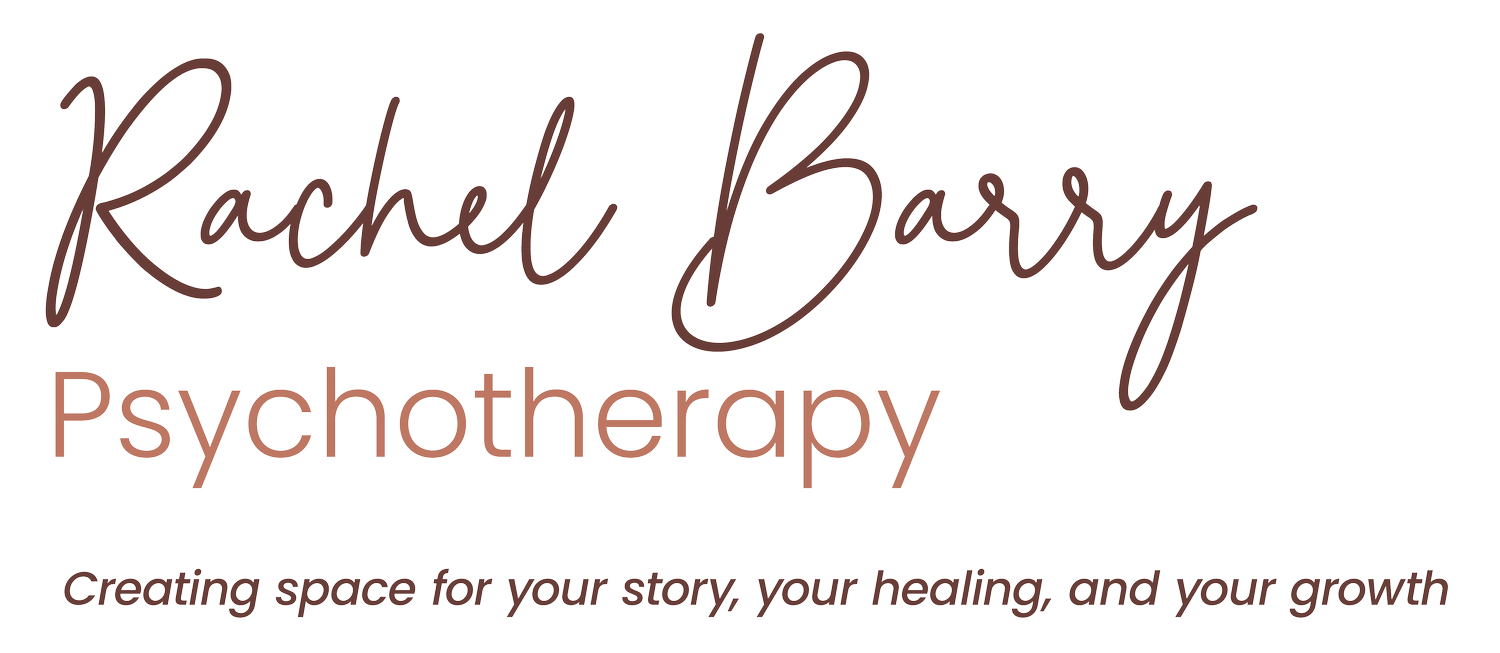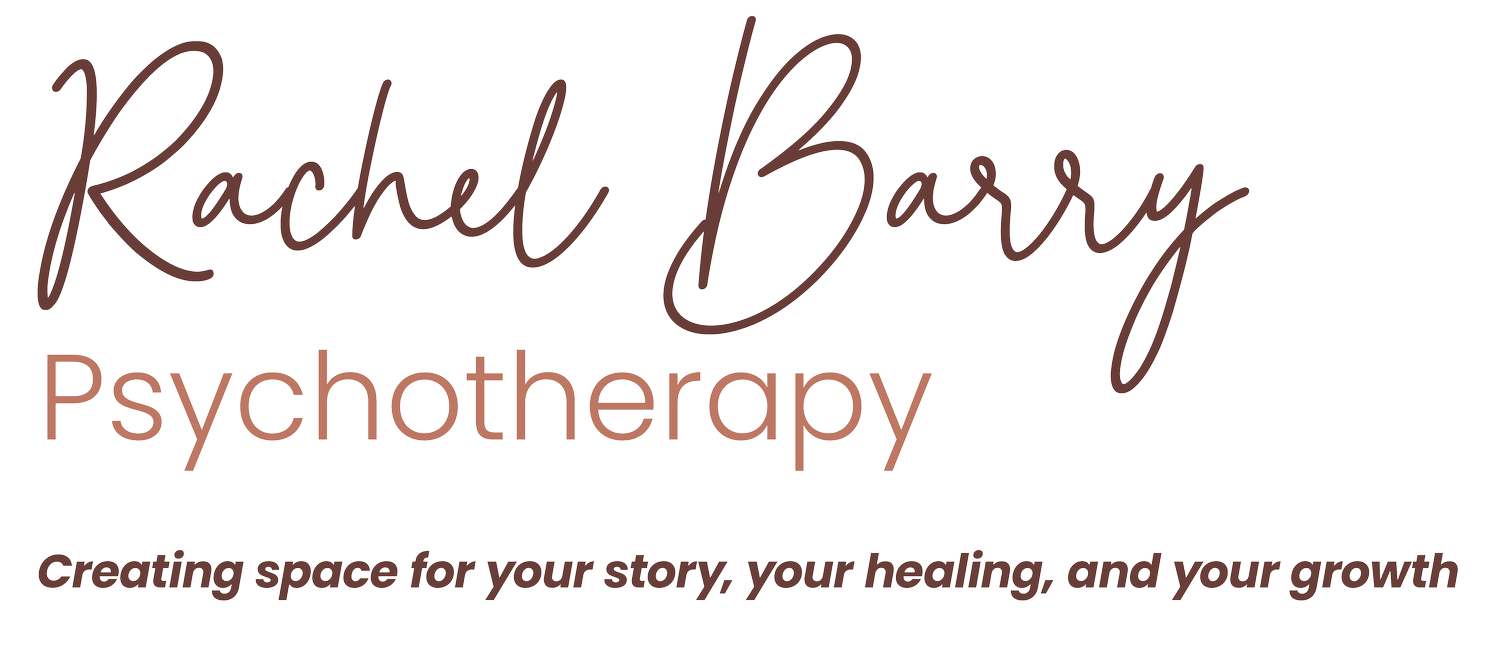Is It Just Winter Blues—Or Something More?
Is It Just Winter Blues—Or Something More?
How Vitamin D and Light Impact Mood
by Rachel Barry
When we're feeling low or depleted, it's comforting to know there are small, practical steps we can take to feel better. This past winter, I noticed a common theme among many clients in my practice: low mood, fatigue, and a general sense of heaviness that made it hard to keep up with everyday demands. For some, it interfered with work, social life, and their overall sense of well-being.
At first glance, these symptoms can resemble Major Depressive Disorder. But before jumping to a clinical diagnosis, it’s important to pause and consider other potential contributors.
We might ask:
Do these feelings show up year-round, or mostly in the colder months?
Are they persistent or more episodic?
Do they stay constant throughout the day, or come and go?
Particularly for women, are the moods correlated with any potential hormonal fluctuations?
These questions can help us explore root causes—and open the door to meaningful, compassionate solutions.
What Is Seasonal Affective Disorder?
One possibility is Seasonal Affective Disorder (SAD)—a form of depression linked to the fall and winter months. It’s believed to be connected to reduced sunlight exposure, which can disrupt your body’s internal clock (circadian rhythm) and affect mood-regulating hormones like serotonin and melatonin.
Common symptoms include:
Low energy
Sad or hopeless mood
Difficulty concentrating
Withdrawal from social activities
Oversleeping or changes in appetite
Some studies suggest up to 40% of the population experiences seasonal mood changes to some degree. At that rate, it may be less a “disorder” and more an evolutionary pattern—our bodies’ natural response to less daylight and colder temperatures.
So the question becomes: Do we lean into that instinct to slow down, or gently nudge ourselves toward more energy and connection?
The Role of Light—and Vitamin D
Getting cozy indoors can be wonderfully comforting—but it can also reinforce the cycle of low energy. One key reason is our reduced exposure to sunlight, which affects both mood and vitamin D levels.
Research suggests that up to 35% of adults may be vitamin D deficient at various points, particularly in the winter. Since vitamin D plays a role in mood regulation, immune function, and energy levels, it’s worth exploring whether the “winter blues” and vitamin D deficiency are actually interconnected.
While vitamin D deficiency can affect anyone, it's especially important for women to be mindful of—because of its critical role in bone health. Women face a higher risk of osteoporosis as they age, especially after menopause, and vitamin D supports calcium absorption and long-term skeletal strength. For women who are pregnant, breastfeeding, or managing autoimmune conditions, maintaining healthy vitamin D levels may also be particularly beneficial.
Longevity experts like Kayla Barnes-Lentz and Bryan Johnson recommend morning sunlight exposure, ideally for 30–60 minutes, to help regulate your circadian rhythm. Morning light tells your brain: It’s daytime. Time to wake up, engage, and feel energized.
If your schedule allows, try a morning walk or even sitting near a sunny window while you have your coffee.
When that’s not possible, a light therapy lamp can be a helpful tool. These lamps simulate natural sunlight and can be used during your morning routine—while you get ready, eat breakfast, or start your workday. Just make sure not to use it at night, as it can disrupt sleep.
💡 Here’s the therapy light I use and recommend.
Supplements: Small Steps That Can Help
Another simple strategy? Daily vitamin D3 supplements. They’re generally affordable and widely available—and may help support mood, especially when paired with vitamin K2, which aids absorption and supports bone and cardiovascular health.
🌿 Here’s a D3 supplement I trust.
🧬 And here’s one that includes K2 for better absorption.
You might wonder whether these supplements are truly necessary. From an evolutionary standpoint, our ancestors spent most of their lives outdoors. Today, our mostly indoor lifestyles just don’t provide the same sun exposure our bodies evolved to expect.
Please note: I’m not a medical doctor, and this information is based on personal research and professional observation. For individualized recommendations, it’s always best to consult with a licensed healthcare provider.
Final Thoughts
Winter can be hard. If you’ve been feeling more tired, less motivated, or emotionally heavy, you’re not alone. These feelings are real, and they deserve care.
While small lifestyle shifts like light exposure and vitamin D can support mood, therapy can offer a deeper space to process your experience—to reconnect with yourself and move through hard seasons with more clarity and support.
If you're curious about working together or want to learn more about how I support emotional health, I’d love to hear from you.
Warmly,
Rachel Barry, LCSW
Licensed Therapist in Marietta, GA
📍 321 Lawrence Street NE, Marietta, GA 30060
📞 (404)308-5867 | 📧 rbarrytherapy@gmail.com | 🌐 rachelbarrypsychotherapy.com


